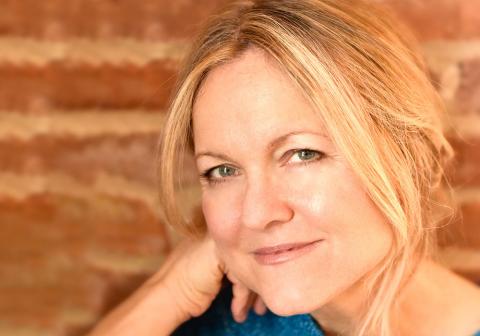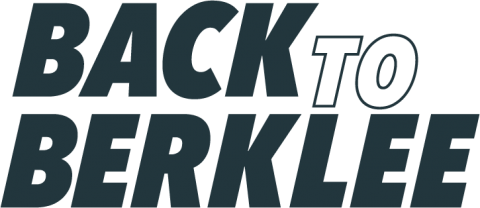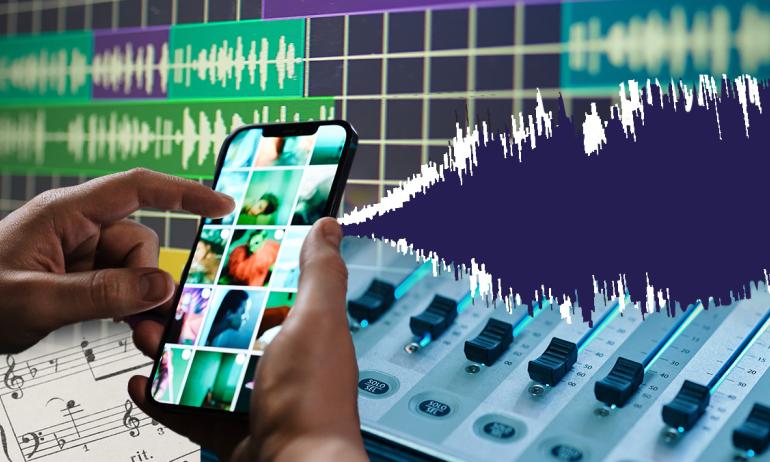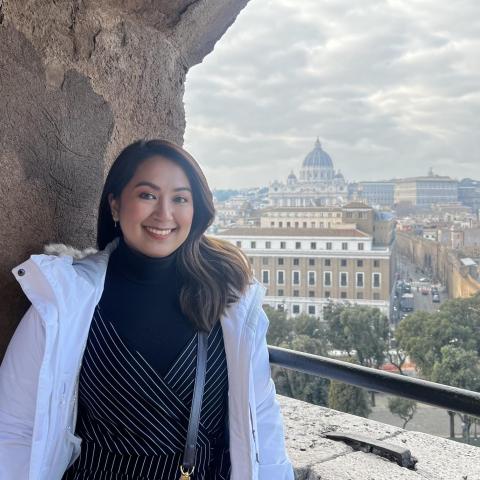Scarlet Keys Redefines 'Homework' in Her Remote Songwriting Courses

Scarlet Keys, Associate Professor of Songwriting
When Scarlet Keys, associate professor in the Songwriting Department, shifted to a fully remote environment in the spring, when the coronavirus (COVID-19) pandemic forced campus closures, she worried about how to keep the students she saw on her screen engaged. “When you’re teaching, you’re performing, so you’re reading the room—what do they need? Am I boring them? What do I need to do right now to keep them engaged?" she wondered.

But once she got into the remote-learning environment, she was surprised by how much more immediate some of her concepts and lessons were. “In a classroom, you’re often looking at the back of someone’s head. In Zoom, you can see everyone’s faces,” Keys said.
At the same time, an online environment allows students to step away from the video discussion and work on new concepts moments after they’re introduced. In her Songwriting 1 course this summer, for example, Keys takes advantage of the fact that students can step away from a video conference and instantly be in their creative space, whether that's a home studio or bedroom. So, she can tell students in the middle of a class session, “You go, by yourself, take 10 minutes and go rewrite this bridge. And then come back and share.”
In a way, she says, it’s like doing the homework in the same session it was assigned. Which begs the question: if you’re already home, is it even homework?
The subject matter, of course, hasn’t changed. For example, students are still learning about the Dorian mode, working on applying it on their own, and then sharing it with their classmates. The difference is simply timing—now they’re learning, applying, and sharing all in the same session. “That has actually been better than in the classroom,” Keys said.
Keys’s success with her students is less about the environment and more about being an effective teacher. As Matthew Nicholl, dean of the Professional Writing and Music Technology Division, points out, a good teacher “develops their own authentic voice, develops the student’s voice, and creates a space where the student can learn.” The technology becomes unnoticeable when a teacher finds ways to be accessible and connected with the student. “We may be remote, but they’re not far away, philosophically speaking,” Nicholl said.
Staying Engaged—and Safe—for the Fall Semster
Nicholl’s goals for the fall semester for his division—which includes the Songwriting Department—center on empowering faculty to create the kind of authentic space that Keys and many of her colleagues have fostered.
Logistically, course schedules will be spread out, with half-hour transition times between each class to help students avoid screen fatigue, and with sessions offered between 8:00 a.m. and 10:00 p.m. to accommodate students in other time zones.
But what is not changing is the networking with, and access to, the faculty—and even visiting artists, who will hold remote clinics. According to Keys, “flipping the classroom” is a benefit. “I’m able to tailor each class to the student,” she said, adding that this allows her to create immediate opportunities for the students to apply what they’re learning. “It’s a good reminder that we have to do it—it’s not theoretical. You can’t know it until you do it.”



